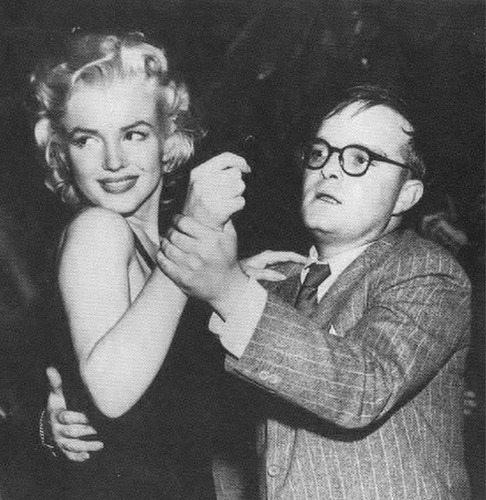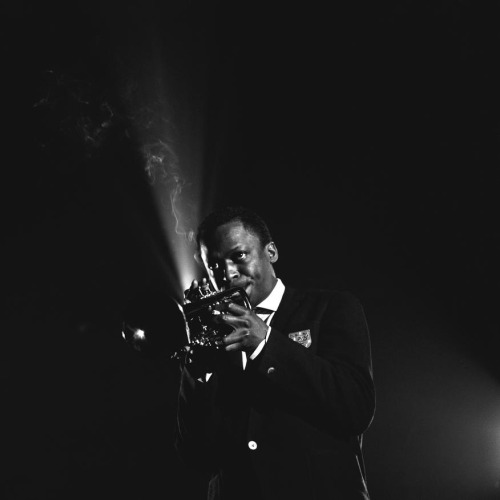Poems from Derek Walcott's TS Eliot prize-shortlisted collection
The Lost Empire
I
And then there was no more Empire all of a sudden.
Its victories were air, its dominions dirt:
Burma, Canada, Egypt, Africa, India, the Sudan.
The map that had seeped its stain on a schoolboy's shirt
like red ink on a blotter, battles, long sieges.
Dhows and feluccas, hill stations, outposts, flags
fluttering down in the dusk, their golden aegis
went out with the sun, the last gleam on a great crag,
with tiger-eyed turbaned Sikhs, pennons of the Raj
to a sobbing bugle. I see it all come about
again, the tasselled cortège, the clop of the tossing team
with funeral pom-poms, the sergeant major's shout,
the stamp of boots, then the volley; there is no greater theme
than this chasm-deep surrendering of power
the whited eyes and robes of surrendering hordes,
red tunics, and the great names Sind, Turkistan, Cawnpore,
dust-dervishes and the Saharan silence afterwards.
II
A dragonfly's biplane settles and there, on the map,
the archipelago looks as if a continent fell
and scattered into fragments; from Pointe du Cap
to Moule à Chique, bois-canot, laurier cannelles,
canoe-wood, spicy laurel, the wind-churned trees
echo the African crests; at night, the stars
are far fishermen's fires, not glittering cities,
Genoa, Milan, London, Madrid, Paris,
but crab-hunters' torches. This small place produces
nothing but beauty, the wind-warped trees, the breakers
on the Dennery cliffs, and the wild light that loosens
a galloping mare on the plain of Vieuxfort make us
merely receiving vessels of each day's grace,
light simplifies us whatever our race or gifts.
I'm content as Kavanagh with his few acres;
for my heart to be torn to shreds like the sea's lace,
to see how its wings catch colour when a gull lifts.
A London Afternoon
I
Afternoon. Durrants. Either the lift (elevator),
with shudder and rattle, its parenthesis,
or the brown bar with its glum, punctual waiter
and his whatever accent; biscuits and cheeses
with hot, broadening tea with blessing friends.
Summer London outside, guests, porter, taxis,
the consoling clichés you have come back for,
welcomed, but not absorbed, the little ecstasies
of recognition of home, almost, in the polite roar
of traffic towards dusk; here are all the props,
the elaborate breakfasts, kippers, sporting prints,
the ornate lettering on the smallest shops,
the morning papers and the sense of permanence
under every phrase. This is where it must start:
hereditary in each boy (or chap),
the stain that spreads invisibly from the heart,
like the red of Empire in a schoolroom's map.
II
What have these narrow streets, begrimed with age
and greasy with tradition, their knobbly names,
their pizza joints, their betting shops, that black garage,
the ping and rattle of mesmerizing games
on slot machines, to do with that England on each page
of my fifth-form anthology, now that my mind's
an ageing sea remembering its lines,
the scent and symmetry of Wyatt, Surrey?
Spring grass and roiling clouds dapple a county
with lines like a rutted road stuck in the memory
of a skylark's unheard song, a bounty
pungent as clover, the creak of a country cart
in Constable or John Clare. Words clear the page
like a burst of sparrows over a hedge
'but though from court to cottage he depart,
his saint is sure of his unspotted heart'
and the scent of petrol. Why do these lines
lie like barred sunlight on the lawn to cage
the strutting dove? My passing image in the shops, the signs.
Sixty Years After
In my wheelchair in the Virgin lounge at Vieuxfort,
I saw, sitting in her own wheelchair, her beauty
hunched like a crumpled flower, the one whom I thought
as the fire of my young life would do her duty
to be golden and beautiful and young forever
even as I aged. She was treble-chinned, old, her devastating
smile was netted in wrinkles, but I felt the fever
briefly returning as we sat there, crippled, hating
time and the lie of general pleasantries.
Small waves still break against the small stone pier
where a boatman left me in the orange peace
of dusk, a half-century ago, maybe happier
being erect, she like a deer in her shyness, I stalking
an impossible consummation; those who knew us
knew we would never be together, at least, not walking.
Now the silent knives from the intercom went through us.






















